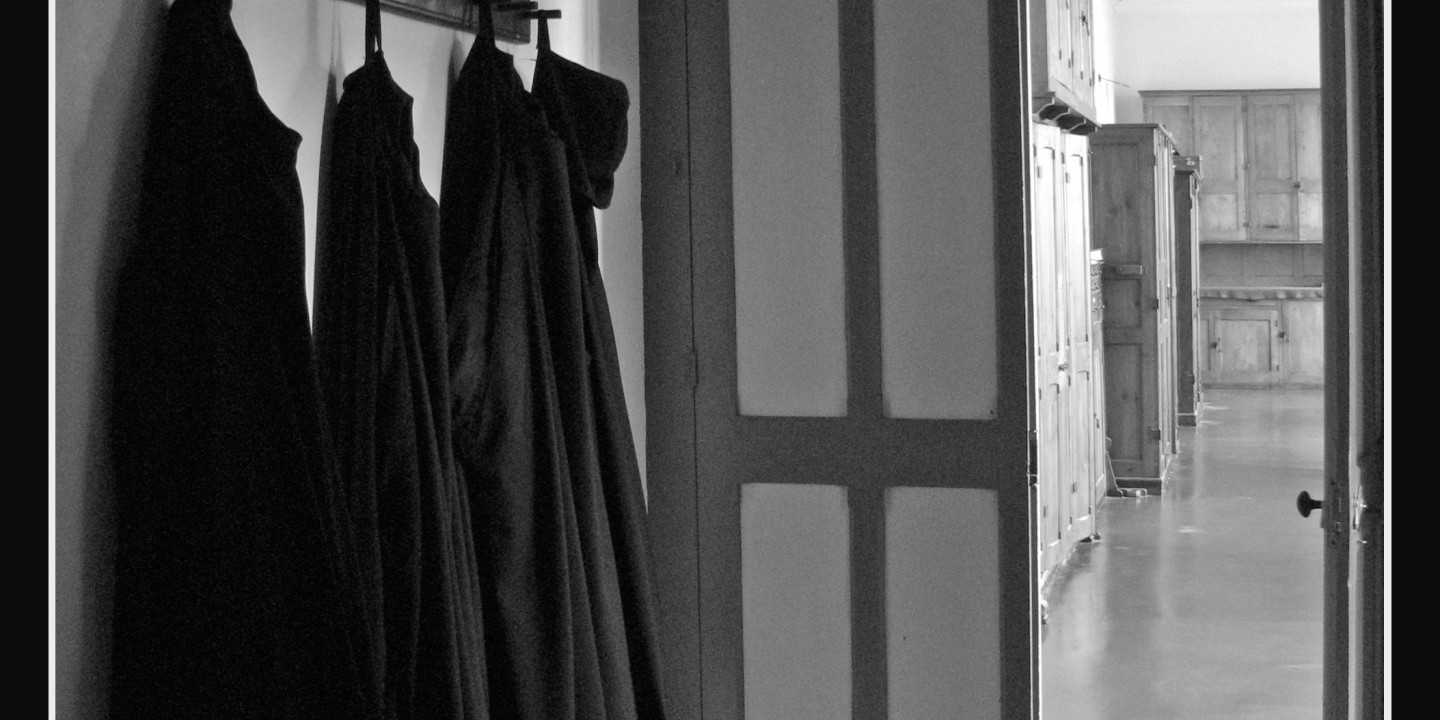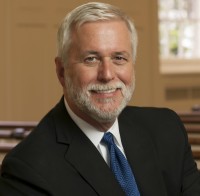Boxed in

When Benedict wrote his rule for monasteries in the sixth century he included specific instructions for how a novice would be received into the monks’ community of prayer.
The new and presumably young novice would enter a room called the oratory and vow stability, fidelity and obedience. Then he would say, “Receive me, Lord, as you have promised, and I shall live; do not disappoint me in my hope” (Ps. 119:116, Rule of St. Benedict). Benedict would then instruct the novice to pull off his street clothes and put on the habit of the monks. We would expect this.
But the next thing is surprising: the old street clothes were to be placed in the monk’s closet.
I discovered these instructions when I was in graduate school. I was puzzled by Benedict’s concern to preserve the street clothes. I told my medieval church history professor that I thought that Benedict should have demanded that the old clothes be burned, making the vow to become a monk permanent.
Read our latest issue or browse back issues.
The professor told me I was “exactly wrong.” By leaving the street clothes in his closet, the monk confronted two habits every morning for the rest of his life. He could put on the habit of the monk or return to the habit of the streets and leave the monastery. He had to keep choosing what he had chosen. “This,” my patient professor explained, “was the only way the monk could fulfill his vow—in freedom.”
I remember this insight when I speak with pastors who are close to burnout, which is often. Their great problem is not how many how times they’re called in the middle of the night to rush to the emergency room. No one gets fed up with the ministry because there are too many funerals, counseling sessions or sermons. Pastors complain about the level of conflict and administrative detail they have to endure in order to lead a congregation, but that really isn’t what makes them crazy. Pastors’ souls get in trouble the day they think they are stuck in the church.
There is a lot of anxiety these days about the percentage of young pastors who don’t last more than five years in their ministries. Foundations have poured a lot of resources into responding to this problem. But most of the twentysomethings who decide the pastorate is not for them are young enough to start over, and those of us in the Reformation traditions have to entertain the possibility that our priestly vocations should be conducted in fields outside of the church. As Benedict would say, the old street clothes are always waiting. It was never meant to be a judgment. It’s a source of freedom.
The tougher problem is the middle-aged pastor who has a family and cannot afford to go back to graduate school. What happens when she or he is dying to set aside the clerical collar, but there’s a mortgage or kids about to go to college? What happens is that these pastors lose their freedom. And then they lose their joy.
I don’t have an answer to this dilemma, but denominational executives and bishops need to be working on it. As we in the declining mainline traditions continue to lift our dinosaur heads and wonder what happened, this would be a great place to start. How do we serve the pastor who is a person of faith, who still loves Jesus and who hasn’t done anything wrong but just wants out of the ministry?
It isn’t that hard for a pastor to leave a congregation and get a job with a nonprofit organization, seminary or church bureaucracy. But these extensions of the ministry of word and sacrament change little about the pastor’s identity. The real problem is what to do for the pastor who envies the calling of the lawyers, doctors, butchers and candlestick makers.
We all live with many callings—to community, family, service, health and to good stewardship of our fleeting years on earth. The greatest calling is not to work for the church but to glorify and enjoy God. When the novices in the Benedictine monastery prayed, “Do not disappoint me in my hope,” they weren’t asking for successful careers as monks. They were pleading to be drawn closer to God. Unless that is happening in the pastor’s life, there is no reason to believe that the church is being led into this highest of callings.
There is no such thing as a healthy congregation with an unhealthy pastor. And no pastor remains spiritually healthy without freedom. Pastors cannot continue to enjoy serving the church unless it is really possible for them to leave it and serve Christ’s kingdom in another way.
I have devoted the rest of my life to training the next generation of leaders for the church, so I am not trying to get pastors to take off their collars. But pastors should not feel stuck with old vocational decisions that have lost their luster. What the church desperately needs is for its leaders to freely choose the habit of pastoral ministry as a means of being drawn closer to God.






